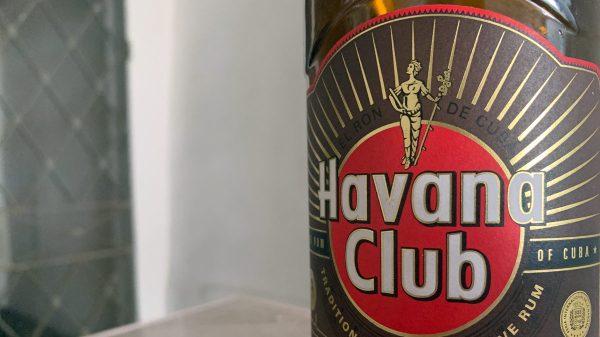As part of Cuba’s new economic strategy, companies in charge of marketing Cuban rum have recently successfully expanded their export connections.
AZCUBA Group, through its partner Zerus, has established a commercial alliance with Island Rum Brands SL, creating a mixed enterprise called Ron Vigia S.A.
The new entity will commercialize Vigia brand rums and other AZCUBA products like Black Tears, a dry liquor made with spices and Cuban rum, and “La Progresiva 500”, a limited edition to celebrate Havana’s 500th anniversary, in the international market.
AZCUBA has more than 150 facilities in Cuba, but the decision to produce the new products in the areas surrounding the “Enrique Varona” sugar plant in Ciego de Avila was quite intentional.
Current worldwide trends point to more artisanal and less industrial beverages, and this is something that puts Cuba at an advantage.
The raw materials in the central and eastern zone of Cuba are recognized worldwide by specialists in the industry. Sancti Spiritus, Villa Clara and Ciego de Avila are well known for their production of high quality ethylic alcohols that provide a unique flavor and aroma to drinks that contain them.
The rum market is strongly competitive, especially in the Caribbean. Cuba’s marketing challenges are not limited to competition from other similar products in countries like Puerto Rico, Jamaica, Nicaragua and other Caribbean islands, but also include commercial exclusions resulting from sanctions enforced by the U.S. government against Cuban products.
There is a campaign aimed at making people believe that the quality of Cuban rums can be “copied” in other countries, without considering the real reasons for this quality.
The efforts to disparage the quality and legitimacy of Cuban tobaccos are well known, but the efforts to undermine the commercialization of Cuban rum are less visible. The American company Bacardí, based in Bermuda, argues that its owners took the “secrets” of the rum they produced in Santiago de Cuba up until 1959, out of the country. The slogan “Founded in Cuba in 1862” is aimed at associating the rum with the island where the world’s best sugarcane alcohol is produced, however, the rum is now made with alcohol sourcing mainly from Puerto Rico.
Bacardí promotes its rum as a combination of accumulated professional experience, its secret formula and its raw material, similar or better than that obtained by Cuba today. Cuba’s technological obsolescence is blamed as a factor that undermines the quality of its alcohols. But these are not the factors that determine rum quality. In Cuba, rum and tobacco are both produced “less industrially,” than in other countries, using techniques that are very similar to those that were employed by the former producers on the island, the same techniques that brought those producers worldwide recognition.
The first factor affecting rum quality is the aguardiente, which in Cuba, comes from sugar cane. This quality is determined by several factors, above all, the impurities that determine the organoleptic qualities of the product, which in turn define the smell, taste and color that will characterize the product in its final state.
The conditions under which sugar cane is produced in certain regions of Cuba, have specific soil and climate conditions that affect their characteristics that are not reproducible in other places, nor could they be transported to another Caribbean island in a suitcase.
Meanwhile, Cuba retained the know-how, with the majority of workers at the pre-1959 rum factors remaining on the island, despite efforts to coax them away.
Finally, many rum specialists consider that the use of American oak barrels to age the rum is key, and this has not been a problem for Cuba’s rum industry.
Recently it was announced that the specialty rum “Guayabita del Pinar” will be exported to the powerful Chinese and Central American markets. Although the quantities are not significant, they are the beginning of a necessary attempt to diversify the exports that Cuba needs to expand in order to mitigate the damage caused by COVID-19 as well as the increased sanctions applied by the U.S. against Cuba in recent years.

David Urra is the chief marketing analyst at International Consulting & Representation Services/Cuba (IcarusCuba). He has produced market studies for a wide range of Latin American, European and U.S. clients exploring market entry possibilities in Cuba’s IT, tourism, ranching, pharmaceutical and manufacturing sectors.











